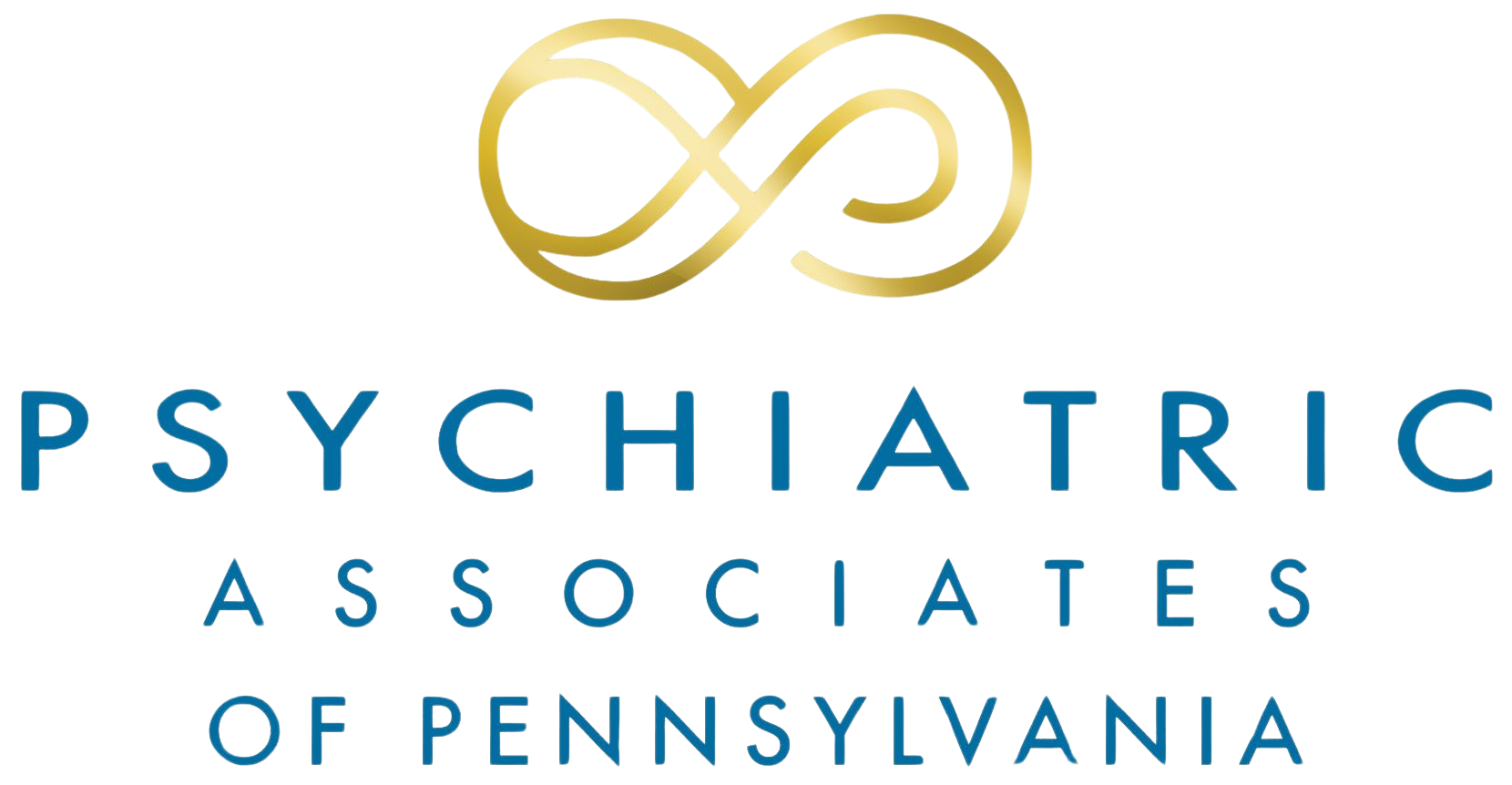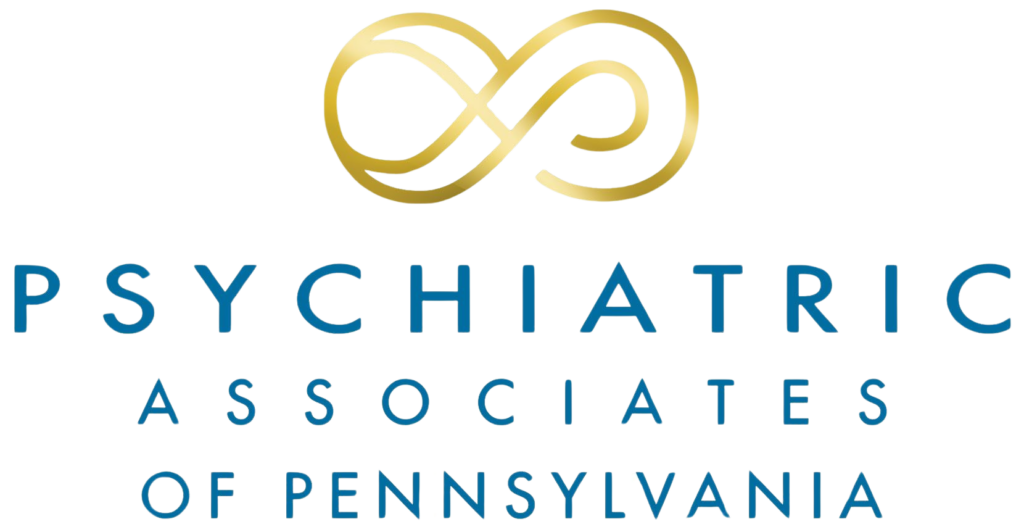Transcranial Magnetic Stimulation, commonly referred to as TMS, is a non-invasive, FDA-approved treatment used to address major depressive disorder and other mental health conditions. This innovative therapy involves the use of magnetic pulses to stimulate nerve cells in specific regions of the brain that are associated with mood regulation. At Psychiatric Associates of Pennsylvania in Narberth, PA, a team of experienced clinicians provides TMS as a cutting-edge option for individuals who have not responded to more traditional forms of treatment such as medication or talk therapy.
Unlike treatments that affect the entire body, TMS targets brain activity directly, offering a more localized and precise form of intervention. This makes it especially appealing to patients who may have experienced unpleasant side effects from medications or are seeking alternatives to pharmacological treatment. With a growing body of scientific support and many success stories, TMS has become an increasingly trusted option for those navigating persistent depression and other related mental health challenges.
How TMS Therapy Works
TMS therapy sessions are conducted in an outpatient setting, typically requiring no sedation or anesthesia. During a session, a magnetic coil is positioned gently against the patient’s scalp. This coil emits a series of magnetic pulses that pass through the skull and stimulate areas of the brain involved in mood control, particularly the left dorsolateral prefrontal cortex, which often shows reduced activity in individuals with depression.
Each session usually lasts between 20 to 40 minutes, and a full course of treatment may involve daily sessions five days a week for four to six weeks. One of the key benefits of TMS is that patients can immediately return to their normal activities after each session. The treatment is well tolerated, with the most common side effect being mild scalp discomfort or headache during or after the session. Most patients find these symptoms diminish over time or with minor adjustments to the magnetic intensity.
Who Can Benefit from TMS?
TMS is most commonly used to treat major depressive disorder, particularly in individuals who have not achieved relief through medications or therapy. However, its applications are expanding, and ongoing research continues to explore its effectiveness in treating other mental health disorders such as anxiety, post-traumatic stress disorder (PTSD), and obsessive-compulsive disorder (OCD). At Psychiatric Associates of Pennsylvania, clinicians conduct thorough assessments to determine if a patient is a good candidate for TMS based on their psychiatric history, current symptoms, and previous treatment outcomes.
TMS may be ideal for individuals who:
- Have experienced inadequate results from antidepressant medications
- Are sensitive to medication side effects
- Prefer a non-pharmaceutical approach to treatment
- Are dealing with treatment-resistant depression
- Have not responded well to psychotherapy alone
This personalized approach ensures that TMS is recommended only when clinically appropriate and likely to result in improvement.
Addressing Common Questions and Concerns
Understandably, patients often have questions and concerns about how TMS works and whether it is safe. Because TMS does not require surgery or systemic medication, many people find it less intimidating than other treatment options. The clinicians at Psychiatric Associates of Pennsylvania are committed to providing clear, honest information to help patients feel comfortable and informed before beginning therapy.
Safety is a top priority. TMS has been shown in numerous studies to be both effective and well tolerated. While rare, more serious side effects like seizures have been reported, but these are extremely uncommon when proper screening and guidelines are followed. The team in Narberth adheres to all safety protocols and continuously monitors patient progress to ensure optimal outcomes with minimal risk.
Why Choose Psychiatric Associates of Pennsylvania in Narberth?
Choosing the right provider for TMS therapy is a crucial step in the treatment journey. At Psychiatric Associates of Pennsylvania in Narberth, patients benefit from a collaborative team of clinicians who specialize in advanced psychiatric care. Each TMS treatment plan is tailored to the individual, incorporating a full evaluation, consistent monitoring, and integration with other therapeutic modalities when appropriate.
Patients are not treated as cases, but as whole individuals with unique experiences and needs. The team’s holistic and evidence-based approach means that TMS is offered not as a stand-alone fix, but as one powerful piece of a comprehensive mental health strategy. Whether a patient is transitioning from other treatments or just beginning their journey with depression management, the supportive environment at this practice makes a significant difference.
Resources
George, M. S., Lisanby, S. H., & Sackeim, H. A. (2000). Transcranial Magnetic Stimulation: Applications in Psychiatry. Archives of General Psychiatry.
O’Reardon, J. P., Solvason, H. B., Janicak, P. G., et al. (2007). Efficacy and Safety of Transcranial Magnetic Stimulation in the Acute Treatment of Major Depression. Biological Psychiatry.
Gaynes, B. N., Lloyd, S. W., Lux, L., et al. (2014). Repetitive Transcranial Magnetic Stimulation for Treatment-Resistant Depression. Journal of Clinical Psychiatry.



